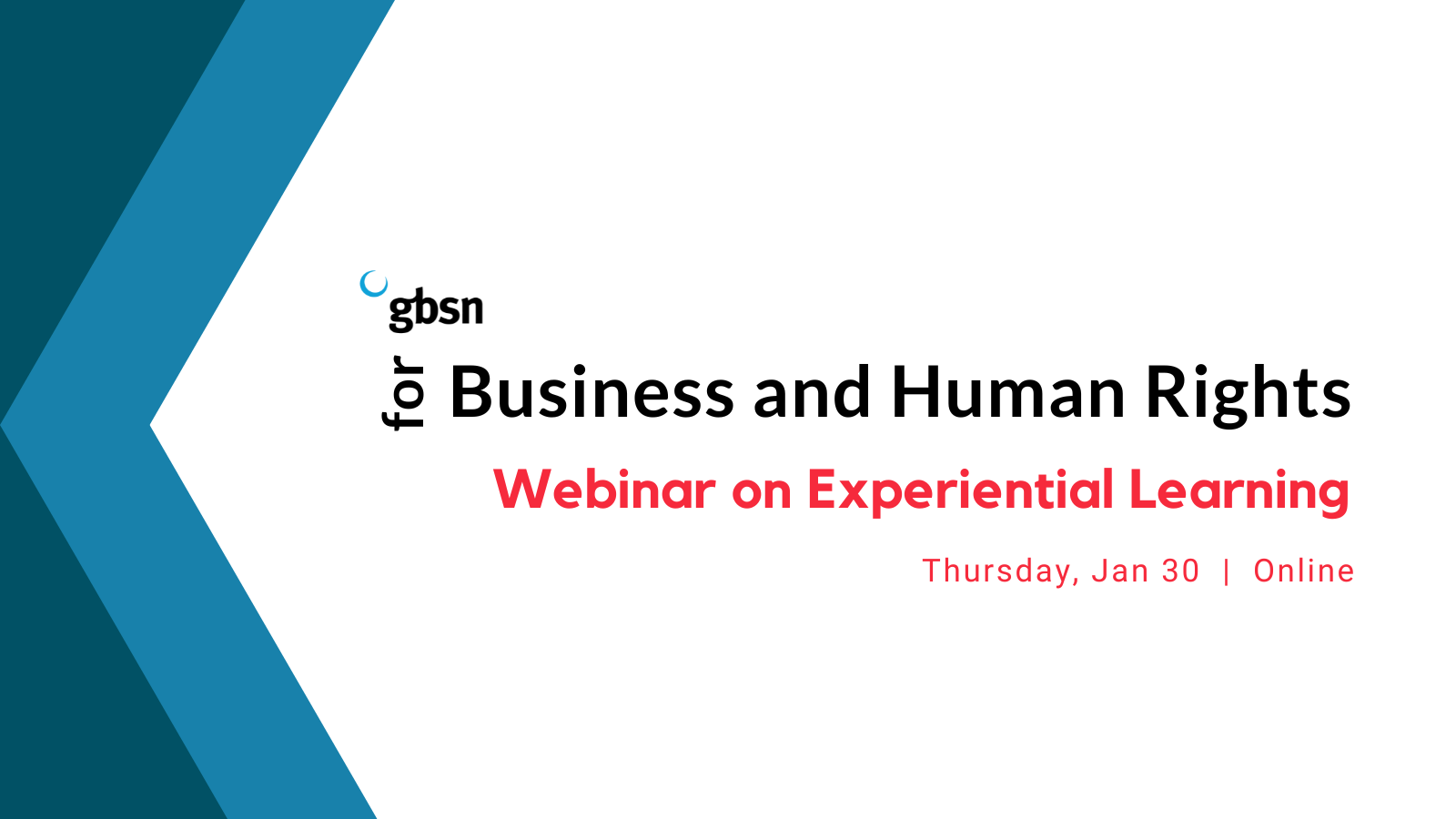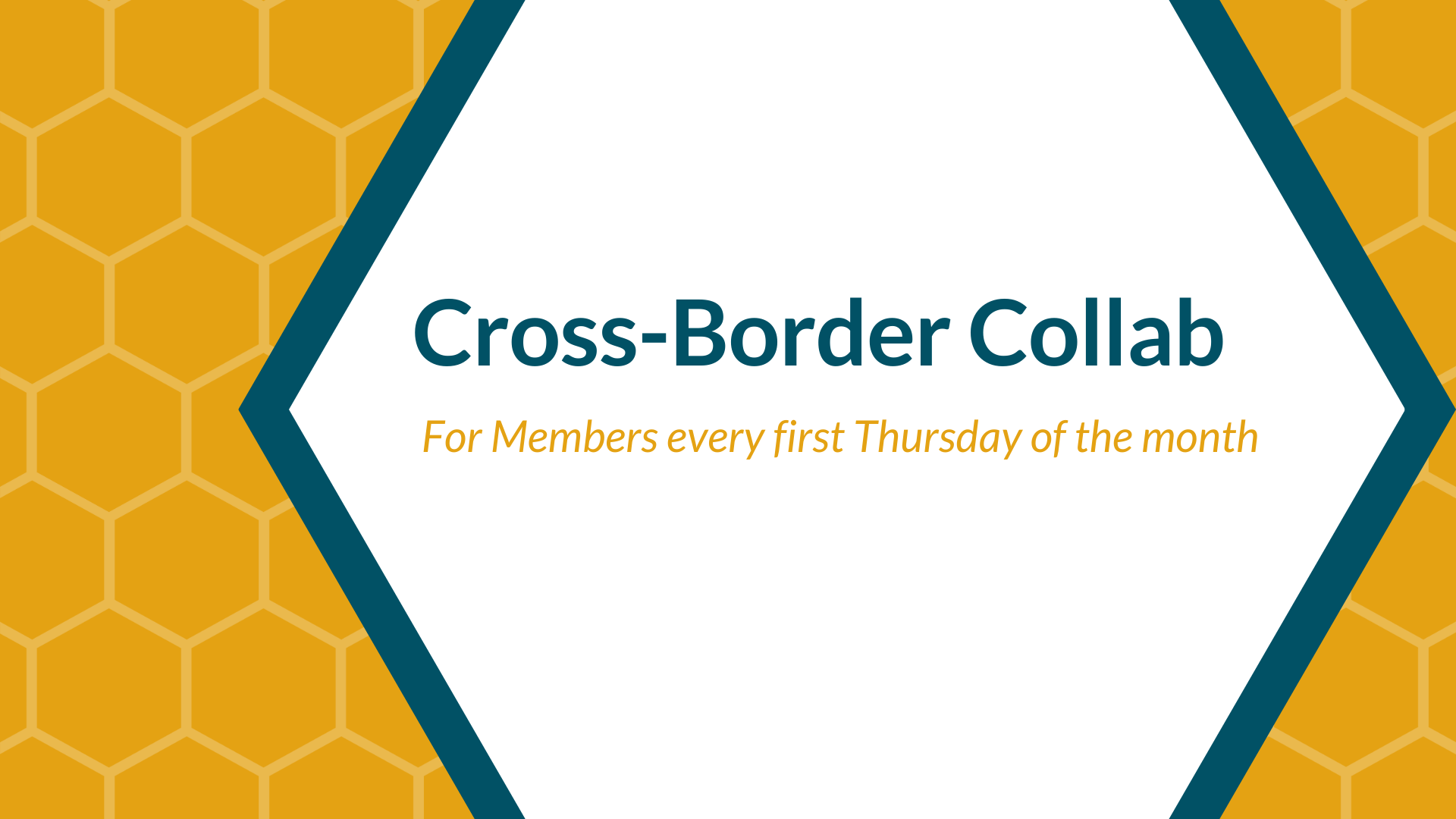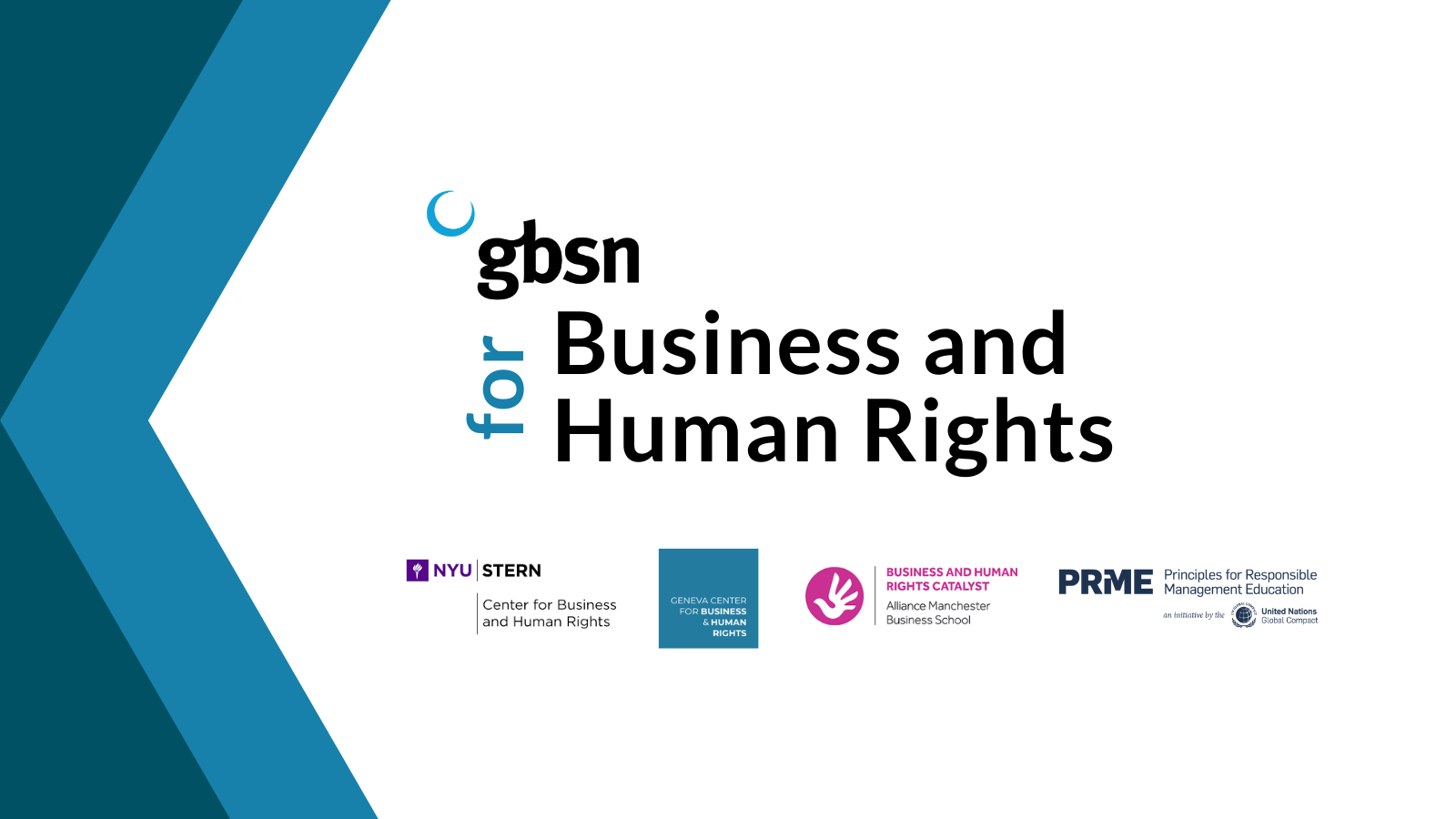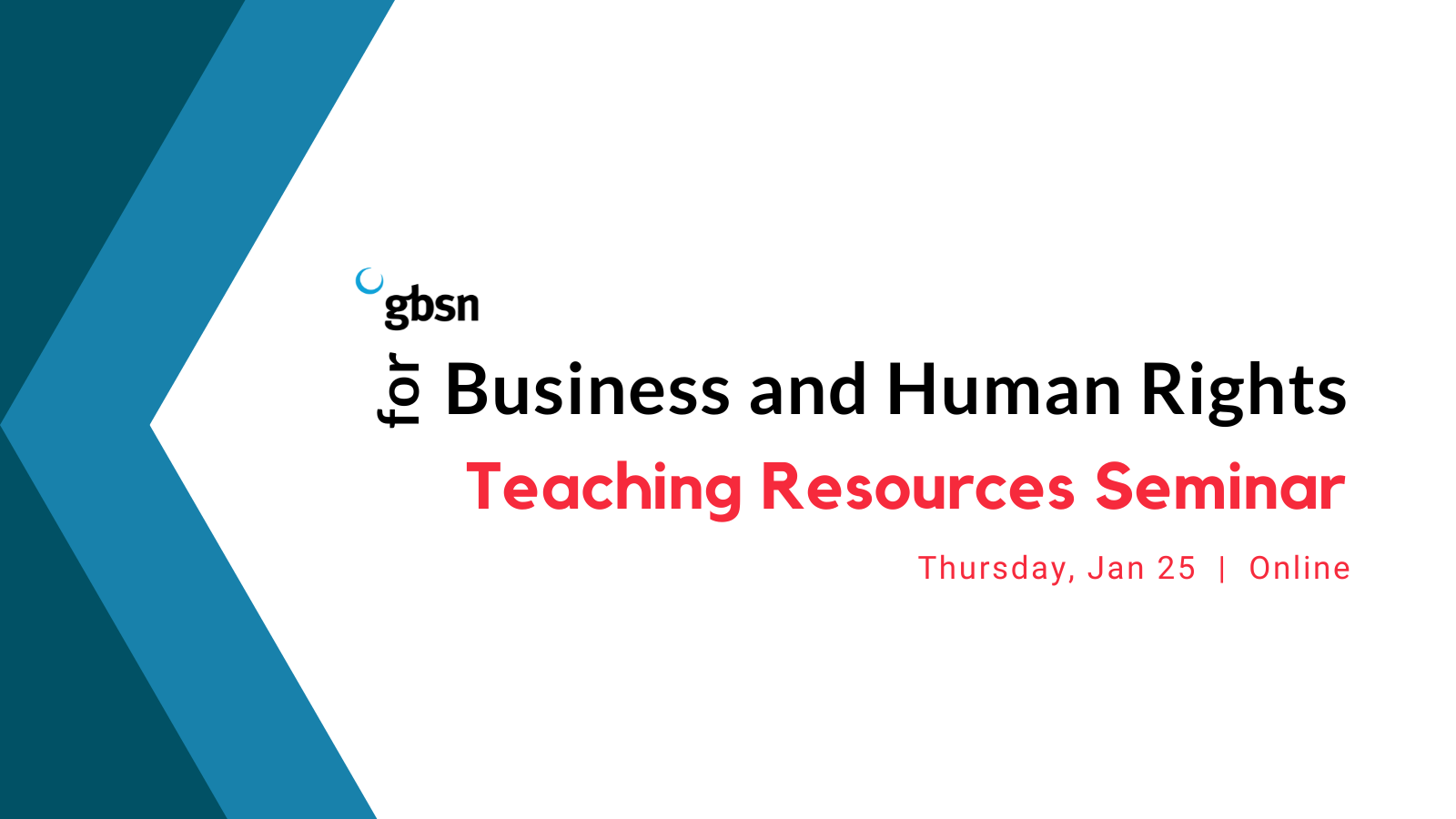
Registration
Contact
Julianna LaBelle, bhr@gbsn.org
GBSN for BHR Impact Community FAQ
Find our FAQ here
Session Description
Webinar on experiential learning: The Business and Human Rights (BHR) Clinic as a pedagogical innovation to train leadership skills
Human rights challenges are among the most pressing, complex, and underestimated business challenges of our time. Businesses often struggle with aspects such as addressing labor rights violations in global supply chains, training employees on human rights standards, reporting on human rights impacts, aligning business models with the needs of vulnerable migrant workers, balancing security with privacy rights, or operating in conflict zones. Yet, these issues are increasingly critical for future business success and, in the European context, companies are now legally required to conduct human rights due diligence.
Business schools play a pivotal role in equipping future leaders with the skills and knowledge to address human rights issues. Innovative teaching methods can provide immersive learning experiences that empower students to actively contribute to solving societal challenges. The context of business and human rights is ideal for training leadership skills.
In this webinar, we will introduce BHR clinics as an example for experiential learning. Conducted in close collaboration with partner organizations, clinical education requires students working on real-life business challenges. The close collaboration between students and the project partner allows students to understand human rights challenges as leadership challenges, to gain thorough insights into specific human rights issues in practice, enhance their analytical and problem-solving skills needed to address these issues, and build their experience in project management and team leadership.
The webinar aims to offer a platform for discussing the BHR clinic concept with those interested in offering experiential learning to their students. We will jointly explore further pedagogical innovations to empower tomorrow’s business leaders to manage human rights in practice.
Watch the Recording
Speakers
-
Dorothée Baumann-Pauly
Director, Center for Business and Human Rights
Geneva School of Economics and Management; NYU Stern School of Business
Switzerland
-
Berit Knaak
Senior Research Associate | Agriculture Cluster Lead
Geneva Center for Business and Human Rights, Université de Genève
Switzerland
-
Charles Autheman
Consultant and Professor | Modern Slavery & Supply Chains Cluster Lead
HEC Paris
France
Date & Time
Thursday, 30 January
- 8:00 – 9:00am Washington D.C.
- 1:00 – 2:00pm London
- 2:00 – 3:00pm Geneva
- 3:00 – 4:00pm Cape Town
- 6:30 – 7:30pm Mumbai
- 9:00 – 10:00pm Manila




























